Filter by:
Yad Vashem Publications
Search and Research: Lectures and Papers 38: Yugoslavia and the Eichmann Trial
Jovana Cvetićanin
The Holocaust in Hungary, 5: "Bereft of Council - The Jewish Leadership in Hungary during the Holocaust,1944–1945"
László Bernát Veszprémy
OUR PARTISAN KINGDOM - From the Vilna Ghetto to the Bielski Family Camp
Lazar Engles (Engelstern)
The moment we first set foot on the soil of the Naliboki Pushcha, the atmosphere was completely different. We felt a new kind of security, as if we were in our own partisan kingdom…. We had survived so many dangers, but we were now among Jews in the forest.
Prior to the German invasion of the Soviet Union, Lazar Engles (Engelstern) lived a peaceful and fulfilled life in his beloved city of Vilna with his wife and two daughters. The Nazi occupation of the city in June 1941 and its subsequent ghettoization marked a rapid escalation of horrors for Lazar and his family.
Yad Vashem Studies: Volume 52 [1]
Editor: Dr. Sharon Kangisser Cohen
Table of Contents:
Introduction
Dan Stone - Lawrence L. Langer (1929–2024): In Memoriam
Barbara Engelking - “I Can’t Write”: Requests for Assistance Addressed to the Jewish National Committee in Warsaw, 1943–1944
Fábio Koifman and Rui Afonso - The Legality of the Visas Issued by the Brazilian Consulate in Hamburg, 1938–1939
Kenneth H. Marcus, Marlou Schrover, and Simon Erlanger - Remembering World War II Concentration Camps: Dutch Memorials and Transitional Justice
Efrat Buchris Giuseppe Verdi’s Requiem in Theresienstadt: Music of Succor
Search and Research: Lectures and Papers 36: The Germans, The War in The East, and The “Final Solution”
In the historiography of World War II and the Holocaust, letters and diaries are often used to provide insight into the perspectives of the time. In this volume, Jürgen Matthäus uses the often-neglected source of photo albums created by German soldiers during and immediately after the war. These albums provide a rare insight into the mindset of ordinary Germans, their knowledge of the crimes committed, and how their perspectives changed during the war.
Search and Research: Lectures and Papers 37: Hans Oppenheimer and Others: Forgotten Stories of Individual Jewish Resistance in Nazi Germany
Hans Oppenheimer and Others
Forgotten Stories of individual Jewish Resistance in Nazi Germany
Wolf Gruner
Through the stories of Hans Oppenheimer and others, this research reassesses Jewish resistance in Nazi Germany and emphasizes that courage existed in all elements of the Jewish population. Jewish men and women acted against the Nazis and their policies, regardless of age, social status, education, profession, religious belief, and political conviction. Wolf Gruner asserts that by applying a broader lens regarding resistance in Nazi-occupied Europe, we will be able to tell a richer story of Jewish agency and responses during the Holocaust and bury the wrong assumption of Jewish passivity during the Holocaust once and for all.
On Duty - The Polish Blue & Criminal Police in the Holocaust
On Duty - The Role of the Polish Blue and Criminal Police in the Holocaust
By Jan Grabowski
The Polish Police, commonly called the Blue or uniformed police in order to avoid using the term “Polish,” has played a most lamentable role in the extermination of the Jews of Poland. The uniformed police has been an enthusiastic executor of all German directives regarding the Jews.
Emanuel Ringelblum, Warsaw, 1943
Shortly after the occupation of Poland in the fall of 1939, the Germans created the Blue Police, consisting mainly of prewar Polish police officers. Within a short time, this police force was responsible for enforcing many anti-Jewish regulations issued by the Nazis. Who were these policemen, and how did they transform from ordinary policemen to murderous executioners? And what was the role of the Germans in this horrifying picture?
The Cold Shower of a New Life: The Postwar Diaries of a Child Survivor, Volume 5 - October 13, 1946–March 2, 1947
Author: Yehuda Bacon
Editors: Sharon Kangisser Cohen and Dorota Julia Nowak
What a life it will be, Jerusalem! I know very well what the wordmeans. Like every association, it spans my entire life. Notebook 8, August 12, 1946; World-renowned Israeli artist and Holocaust survivor Yehuda Bacon began to keep a diary in July 1945, while living in a youth home in Štiřín, Czechoslovakia, shortly after his liberation. During the past seven decades, Bacon has filled over 240 notebooks. His diary is a mosaic of words and drawings through which he attempts to express his past, contemplate his present, and imagine his future.
Yad Vashem Studies: Volume 51 [2]
Editor: Dr. Sharon Kangisser Cohen
Table of Contents:
Introduction • Susanne Heim and Ulrich Herbert - A Comprehensive Documentation of the Holocaust: The Completion of the VEJ Project • Eliyahu Klein - Between Rescue and Persecution: Defining and Mapping the Range of Behaviors Toward Oppressed Jews During the Holocaust in the Countryside of Occupied Poland • Attila Gidó - Survivors of the Northern Transylvanian Deportations: Liberation, Repatriation, Reckoning • Gali Drucker Bar-Am - “Record and Lament”: Yizkor Books as History and Literature Conflated • Merav Yisrael and Gila Prebor - The Yizkor Book Collection in the Yad Vashem Library in Jerusalem: A Bibliographical Analysis
My Involuntary Journeys
Hanna Temkin
In My Involuntary Journeys, Hanna Temkin shares her story for the first time, shedding light on lesser-known aspects of Jewish life and survival in Eastern Europe before, during, and after the Holocaust. Moreover, Hanna’s story is an inspiring tale of female empowerment and serves as a testament to her ability to overcome the worst odds.
It Happened ON OUR PLANET
Moral Dilemmas among Jews in the Reality of the Holocaust
By Yitzhak Arad
It Happened on Our Planet offers a brutally honest insight into the horrifying decisions that the Jews had to make and the unbearable situations in which the Jews found themselves during this time. The publication of this important work presents generations to come with a better understanding of the complex reality of the Holocaust.
Inherited Words: A Testimony of Resilience
Zoltán Roth
There were many times when I felt an irresistible desire to stop, and those were moments that I had to really choose between fighting for life or not. My other option was to continue walking. It seems that struggling for the yet unlived part of my life was stronger. I didn’t stop.
Written in a Barn: The Diary of a Young Woman from Vilna
Ruth Leimenzon Engles| Edited by Ben-Tsiyon Klibansky
At last, I have gotten a notebook in which to write. I have a pencil. I will try. Maybe it will make it easier to push through the days. It’s hard for me. As soon as dawn breaks, my first thought is: how does one endure until the end of the day.
Ruth Leimenzon Engles, May 15, 1944
A few days after the Germans occupied Vilna at the end of June 1941, Ruth Leimenzon’s husband was seized by local collaborators and was never seen again. Ruth, the sole survivor of her murdered family, managed to survive two years in the ghetto using her intelligence and common sense, helped by luck and perhaps miracles. Just two days before the ghetto’s liquidation in September 1943, Ruth escaped with the help of a Christian woman, her former boss’ wife, and found a hiding place in a barn on a farm 20 kilometers from Vilna, where she hid for nearly a year. During the last two months in the barn, Ruth wrote a diary in Yiddish describing her three-year ordeal.
After the Darkness?
Holocaust Survivors’ Emotional, Psychological, and Social Journeys in the Early Postwar Period
Editors: Constance Pâris de Bollardière and Sharon Kangisser Cohen
His reaction to my cautious questions about his parents, his brothers and sisters, his experiences in the concentration camp was characteristic. His only response was to let his head drop onto his chest. He remained sitting in this posture in silence for some time. It must be said here without pathos or literary embellishment that it is only now that he has been returned to normal life that this child feels the pain and torment of everything he has seen and experienced.
Hans Keilson
Yad Vashem Studies: Volume 51 [1]
Edited by Sharon Kangisser Cohen
Table of Contents: • Introduction • Michael Robert Marrus (1941-2022)—In Memoriam (Doris Bergen) • The Polish Underground State and the Financing of Help for the Jews: An Attempt at a New Approach (Dariusz Libionka) • News from Auschwitz: The International Underground’s Secret Reports and the Jewish Holocaust (Tom Navon) • Bandera, Genocide, and Justice: Was Stepan Bandera Responsible for Crimes Committed by the OUN and the UPA? (Grzegorz Rossoliński-Liebe) • Politics of Holocaust Memory in Communist and Post-Communist Romania: On Survivor Matei Gall’s Multiple Life Stories (Ștefan Cristian Ionescu and Dana Mihăilescu)


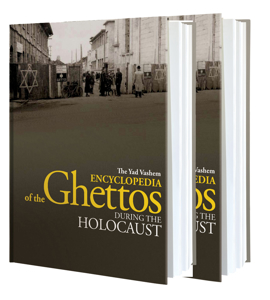


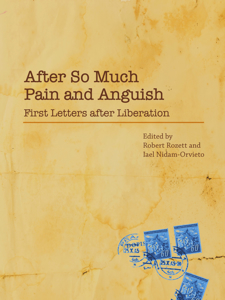

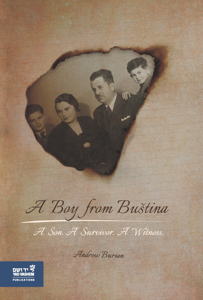
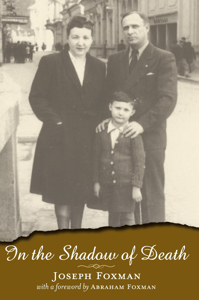
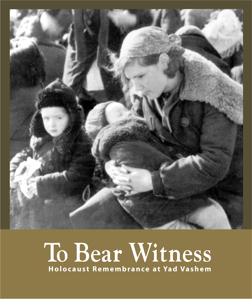
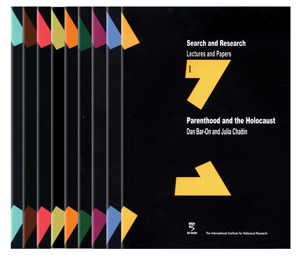

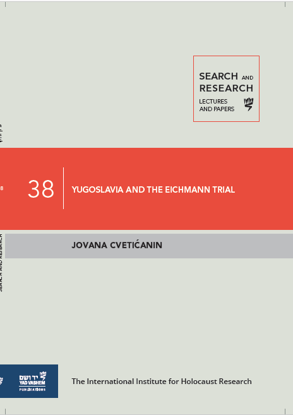
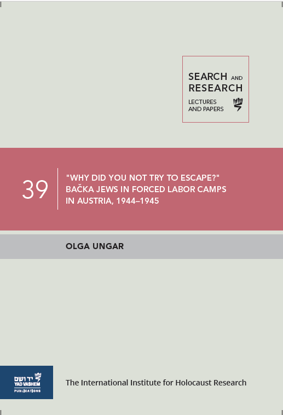
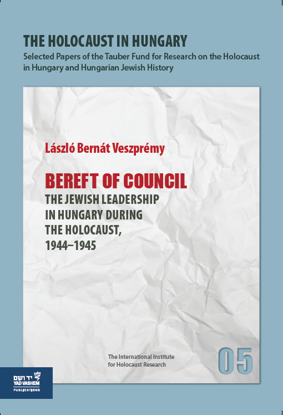
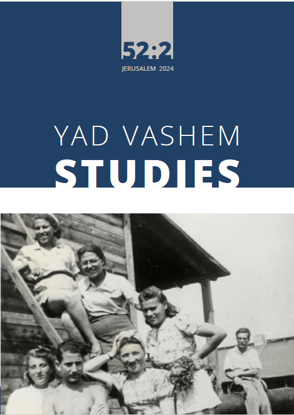
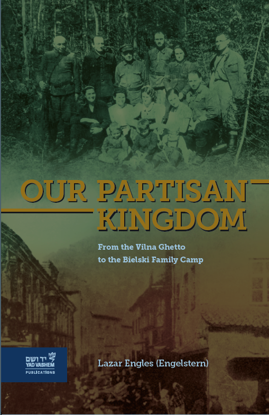
![Show details for Yad Vashem Studies: Volume 52 [1] Picture of Yad Vashem Studies: Volume 52 [1]](https://store.yadvashem.org/images/thumbs/0002495_yad-vashem-studies-volume-52-1_415.jpeg)

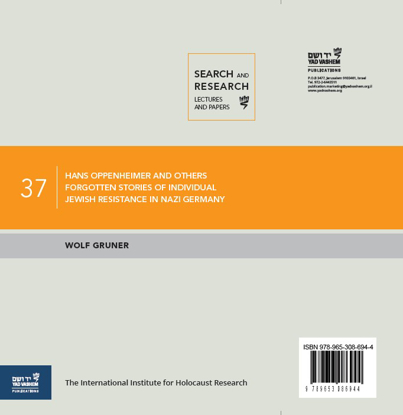
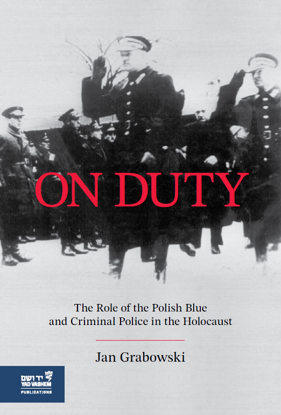
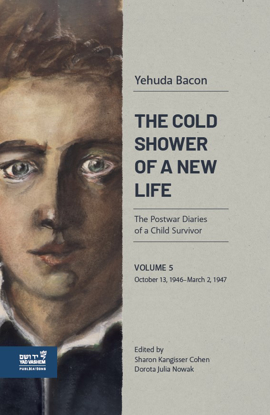
![Show details for Yad Vashem Studies: Volume 51 [2] Picture of Yad Vashem Studies: Volume 51 [2]](https://store.yadvashem.org/images/thumbs/0002411_yad-vashem-studies-volume-51-2_415.png)
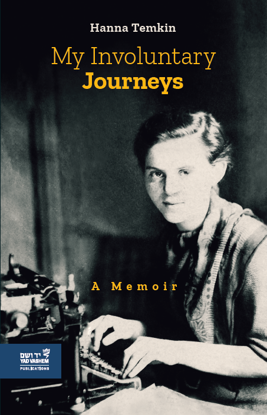
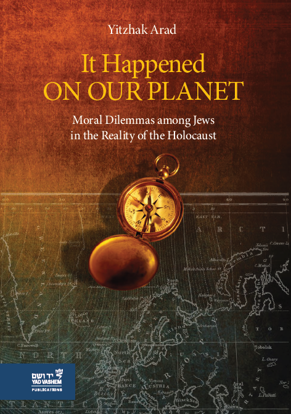
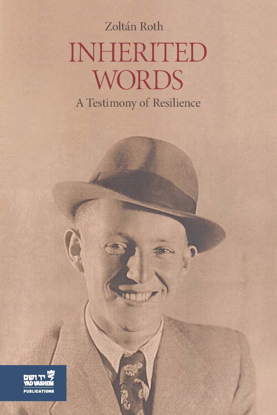
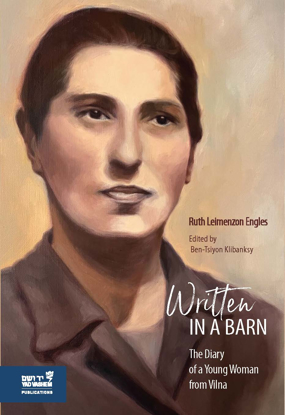
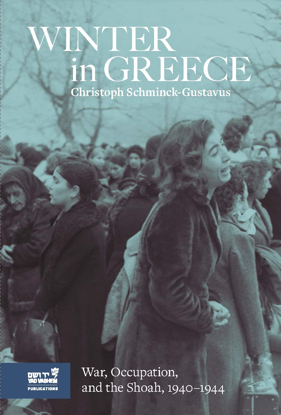
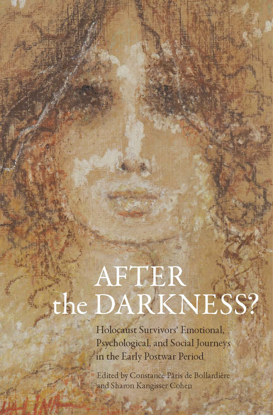
![Show details for Yad Vashem Studies: Volume 51 [1] Picture of Yad Vashem Studies: Volume 51 [1]](https://store.yadvashem.org/images/thumbs/0002275_yad-vashem-studies-volume-51-1_415.jpeg)